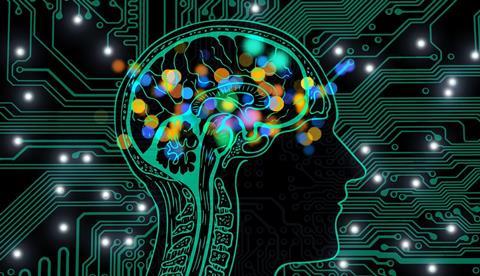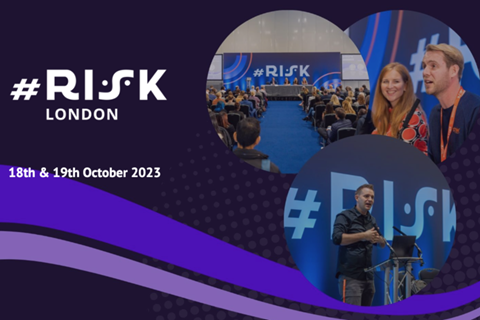New research has prompted health experts to warn of the major health threat posed by Artificial Intelligence (AI) technologies.

Going off data published by BMJ Global, tech firms should put the brakes on developing AI models until the law and regulatory bodies catch up.
The benefits and use-cases of AI are clear, with systems being hailed for their potential to make great strides in health care: for example, in the diagnosis of diseases and in the identification of patient treatment.
However, there are many risks lurking on the path ahead, say scientists from the US, Australia, Costa Rica, Malaysia and the UK in the BMJ Global Health journal. Fears exist that AI could make mistakes, possibly putting lives and wellbeing in danger. Further question marks hang over AI’s handling of data privacy, and the ways in which this could exacerbate social and health disparities in society at large.
In one example cited, commentators highlighted how an AI tool made errors on blood oxygen level analysis because of the patient’s darker skin colour, leading to incorrect treatment of hypoxia. But the experts also pointed towards more large-scale threats that AI may give rise to, with some fearing that human existence itself may be at stake.
The group stated:
“When combined with the rapidly improving ability to distort or misrepresent reality with deep fakes, AI-driven information systems may further undermine democracy by causing a general breakdown in trust or by driving social division and conflict, with ensuing public health impacts.”
Risk also stems from a possible drop in employment levels, should AI technology suddenly render countless workers’ jobs obsolete.
“While there would be many benefits from ending work that is repetitive, dangerous and unpleasant, we already know that unemployment is strongly associated with adverse health outcomes and behaviour,” the group added.
“Furthermore, we do not know how society will respond psychologically and emotionally to a world where work is unavailable or unnecessary, nor are we thinking much about the policies and strategies that would be needed to break the association between unemployment and ill health,” they continued.
The team alluded to the broad-ranging nature of the AI risk, particularly that posed by self-improving machines that could rapidly learn from humans and perform the full gamut of human operations.
“We are now seeking to create machines that are vastly more intelligent and powerful than ourselves. The potential for such machines to apply this intelligence and power, whether deliberately or not and in ways that could harm or subjugate humans, is real and has to be considered.
“With exponential growth in AI research and development, the window of opportunity to avoid serious and potentially existential harms is closing.
“Effective regulation of the development and use of artificial intelligence is needed to avoid harm,” they warned. “Until such regulation is in place, a moratorium on the development of self-improving artificial general intelligence should be instituted,” the experts said.
In an open letter to Chloe Smith, the secretary of state for science, innovation and technology, the scientist group said:
“One key way that we can protect the future of our healthcare system is to ensure that internet companies have clear policies on how they identify the harmful health misinformation that appears on their platforms, as well as consistent approaches in dealing with it.
“This will give users increased protections from harm, and improve the information environment and trust in the public institutions.”

Get to the edge of the AI debate
AI and ML present many opportunities for innovation and growth, but they also bring potential risks and challenges that can impact the safety, security, and privacy of individuals, organisations and societies.
Business leaders can access the very latest conversation and curated content on these issues in the #RISK AI & ML zone, part of the Privacy and Data Protection Theatre at #RISK London.

Taking place October 18 and 19, #RISK London brings high-profile subject-matter experts together for a series of keynotes, engaging panel debates and presentations dedicated to breaking down the challenges and opportunities that businesses face in times of unprecedented change.
“#RISK is such an important event as it looks at the broad perspective or risk. Risks are now more interconnected and the risk environment is bigger than ever before.”
Michael Rasmussen, GRC Analyst & Pundit, GRC 20/20 Research














No comments yet